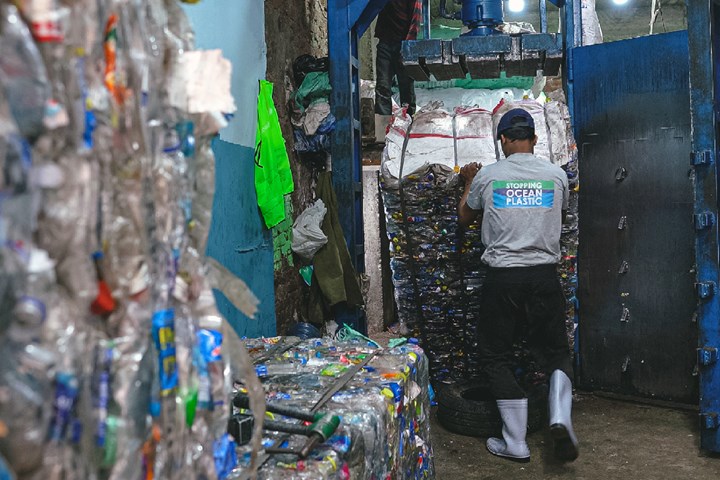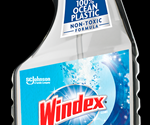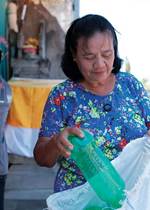Plastic Bank Stops 2 Billion Plastic Bottles from Entering the Ocean
In reaching this milestone, the social enterprise worked with more than 30,000 collectors across the Philippines, Indonesia, Brazil, and Egypt.
Plastic Bank, a social enterprise focused on the global supply chain for recycled ocean-bound plastic, announced it has stopped 2 billion plastic bottles from entering the ocean. The group has partnered with more than 200 global companies on this initiative.
This huge milestone was achieved through Plastic Bank’s recycling ecosystems in eight months, and is 12 times faster than the first billion stopped.
In reaching this milestone, the social enterprise worked with more than 30,000 collectors across the Philippines, Indonesia, Brazil, and Egypt. Collectors in Plastic Bank’s ecosystems exchange plastic waste for bonuses that help improve household income and accessibility to basic family necessities such as groceries, cooking fuel, school tuition, health insurance and digital connectivity.
"Plastic pollution and its impact on our oceans is one of the world's most significant challenges. The collection of two billion ocean-bound plastic bottles is a testament to the fact that each of us can be a hero in reducing plastic waste while improving the lives of people who collect it," says David Katz, founder and CEO of Plastic Bank. "Our heroes – the collectors, branch owners, partners, contributors, and employees – are stewarding business, consumption, lives, and the planet towards regeneration."
Two billion plastic bottles are the equivalent of stopping more than 40 million kilograms of plastic that would have otherwise found its way into our oceans, as 100% of the plastic is collected within 30 miles of an ocean or waterway in countries without a formal waste collection infrastructure.
Founding partners SC Johnson and Henkel helped support the collection efforts by contributing to more than half of the two billion milestone. Henkel was the first global consumer goods company to partner with Plastic Bank in 2017 and launched the first product packaging made from Social Plastic in the market. SC Johnson and Plastic Bank’s partnership resulted in the launch of 100% recycled ocean-bound plastic bottles in two of SC Johnson's home cleaning brands: Windex in North America and Mr Muscle in the U.K. and Ireland.
Founding partners SC Johnson and Henkel helped support the collection efforts by contributing to more than half of the two billion milestone. Over 200 companies, including CooperVision, METRO AG, ScanCom, HelloFresh, Carton Pack, Lombard Odier, Lillydoo, Advansa, Natreve, DM, Wella, P&G, Coca-Cola, Unwrapped Life, L’Oreal and Pernod Ricard helped enable the collection of ocean-bound plastic waste from beaches, riverbanks, and neighbourhoods, to reach the landmark amount. By integrating Social Plastic back into their manufacturing supply chain, Plastic Bank's partners support a regenerative circular economy.
Plastic Bank has more than 511 active collection branches across the Philippines, Indonesia, Brazil, and Egypt. With its sights on collecting the next billion plastic bottles, Plastic Bank plans to expand its presence in Southeast Asia and Central Africa.

Henkel and Plastic Bank aim to steadily expand their engagement in the coming years and to reach a yearly collection capacity of 5,000 tons of plastic waste in 2023. Photo Credit: Henkel
Related Content
-
At NPE2024, Follow These Megatrends in Materials and Additives
Offerings range from recycled, biobased, biodegradable and monomaterial structures that enhance recyclability to additives that are more efficient, sustainable and safer to use.
-
Latest Data on Bottled Water Shows Continued Strong Growth
Bottled water’s volume surpassed soft drinks for the first time in 2016 and has done so every year since.
-
Dow, Circusil Collaborating on Silicone Recycling Facility
Dow and Circusil announced plans to construct a silicone recycling facility in Kentucky.
















